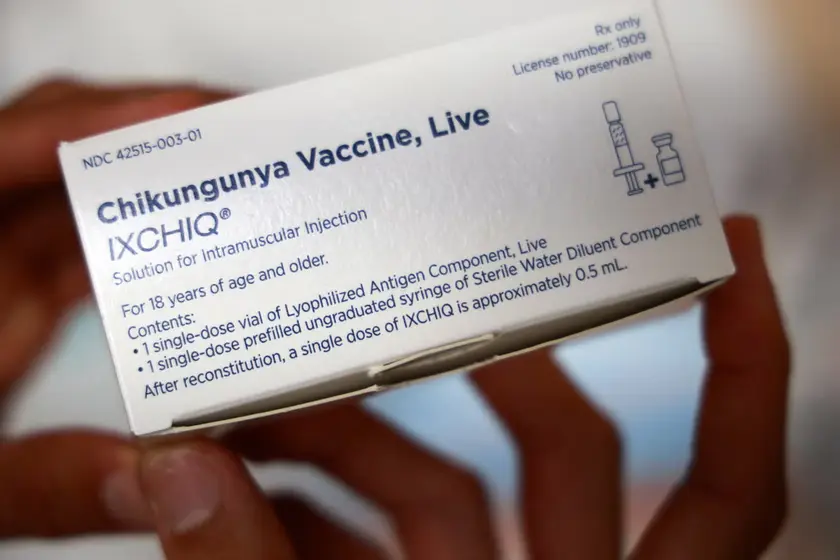T4K3.news
Chikungunya expands to new regions
Global health authorities report rising chikungunya cases and new frontiers in regions including China and Europe.
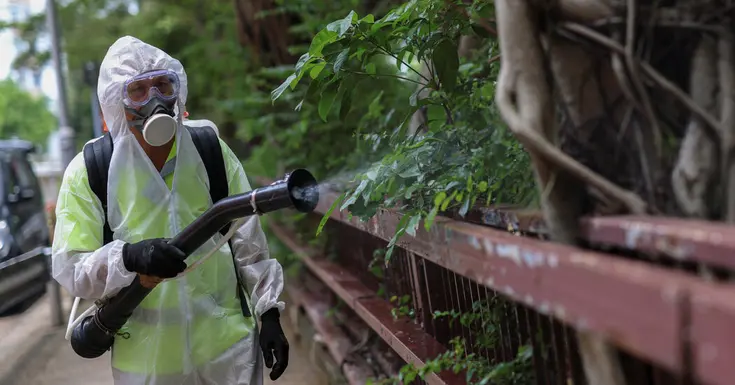
The mosquito borne illness is reaching new areas as warming climates expand mosquito habitats, triggering health measures in several countries.
Chikungunya Spreads Across Regions Prompt Global Health Response
Chikungunya is a mosquito borne virus that can leave infected people debilitated for years. This year more than 240000 cases have been reported globally, with about 200000 in Latin America and 8000 in China, the first cases recorded there. The disease is not circulating in the United States or Canada, but cases have appeared in France and Italy. Mexico remains endemic. The World Health Organization says the current transmission patterns resemble a wider outbreak seen two decades ago and warns that climate change is expanding the range of the mosquitoes that carry the virus. China has launched urgent public health measures that resemble those used during the Covid 19 era to slow the spread. The agency stresses the need for ongoing surveillance vector control and long term support for people who suffer disability as a result of the illness.
Public health experts warn that the illness could travel to new regions as temperatures rise and rainfall patterns shift. The global nature of travel means outbreaks in one country can affect others quickly so a coordinated response is essential. The report also reminds leaders that the disability caused by chikungunya can persist for years making long term care and social support part of the cost of an outbreak. In short the world needs steady funding and solid data to stay ahead of the disease.
Key Takeaways
"Chikungunya is moving across continents faster than before"
A health expert notes the expansion of the virus
"Disability from infection can last for years"
A clinician speaks on long term impact
"We must act now to slow the spread with sustained public health work"
A policy analyst calls for a proactive response
"This is a test of global health cooperation"
A public health official on the need for collaboration
This spread shows how climate change and globalization interact with health systems. As temperatures and rainfall patterns shift mosquitoes thrive in places they did not before. Health systems must adapt with long term vector control and community engagement.
The article highlights a coordination challenge: local outbreaks become global concerns quickly through travel and trade. The response depends on data sharing funding and political will, which vary by country.
Highlights
- Chikungunya is leaving old maps behind
- Climate change makes mosquitoes show up where they never did
- Disability from infection lingers years
- Global health needs steady coordinated action
Public health funding and cross border coordination risk
The surge raises questions about budgets for vector control surveillance and long term care. The response depends on international cooperation and political will which can be influenced by public reaction and budget pressures.
The next steps will test the resilience of health systems worldwide.
Enjoyed this? Let your friends know!
Related News
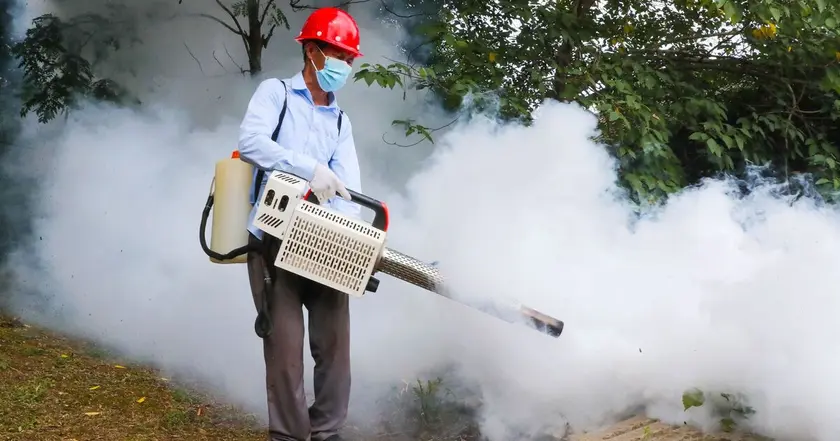
Chikungunya outbreak expands
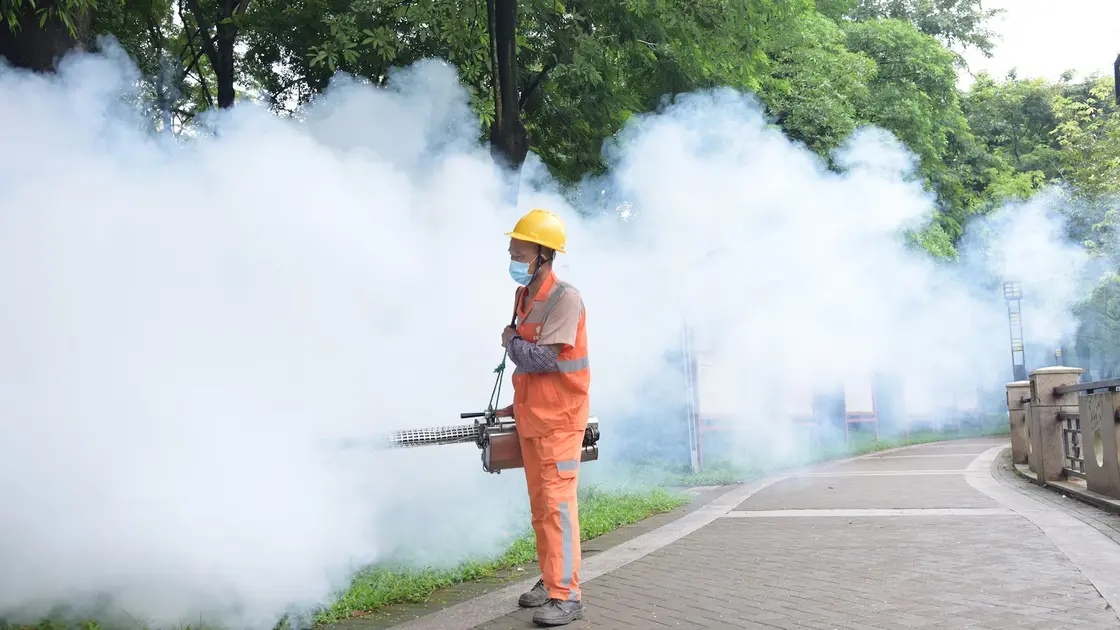
CDC issues travel warning for chikungunya outbreak in China

Travel warnings issued for parts of Europe

Russia Builds a Wartime Edge

Ryanair expands Newcastle flights with new routes and sale
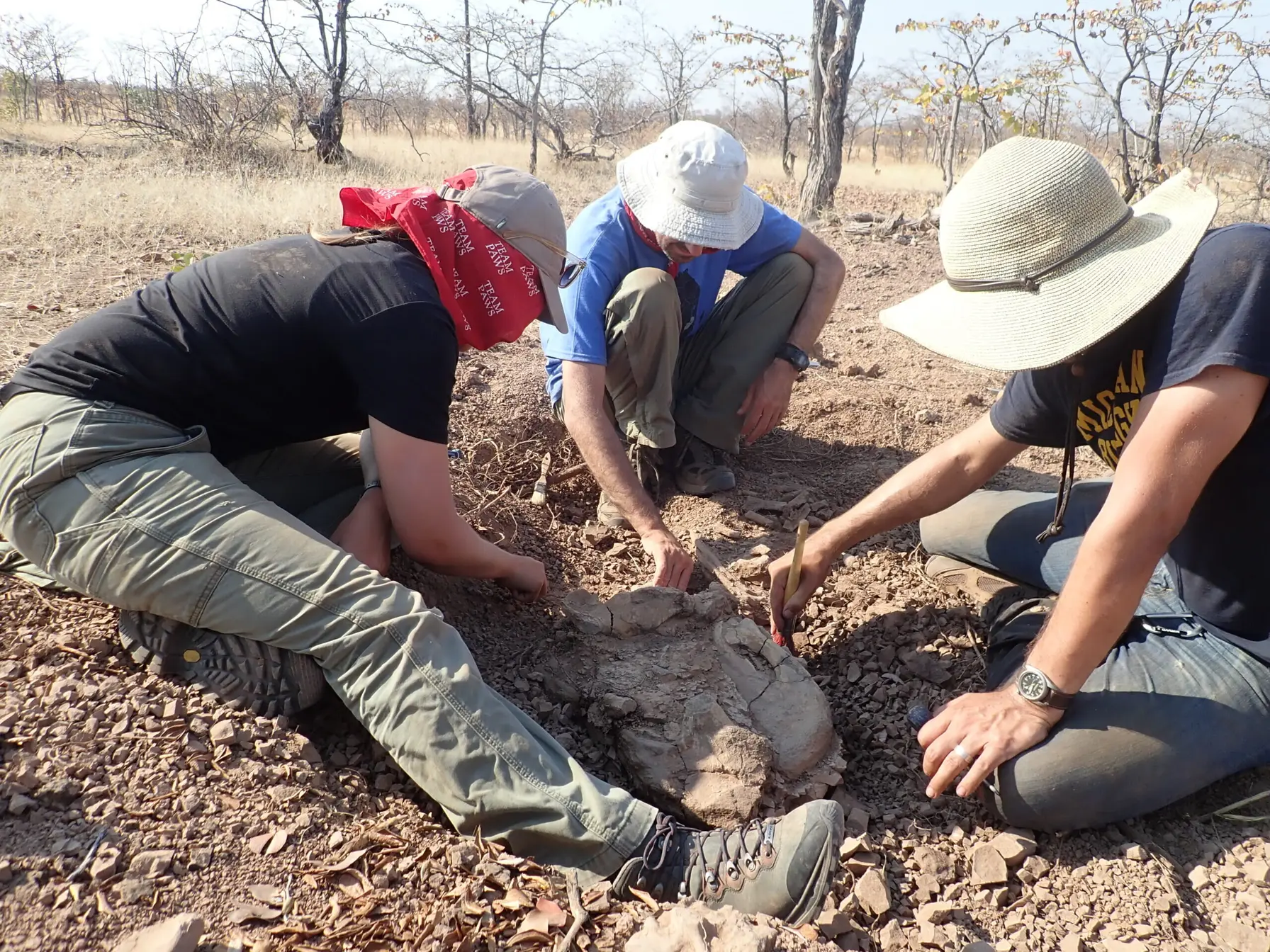
Permian fossils expand Africa timeline

Webb captures new image of Hubble's deep field

Ryanair expands Newcastle service
